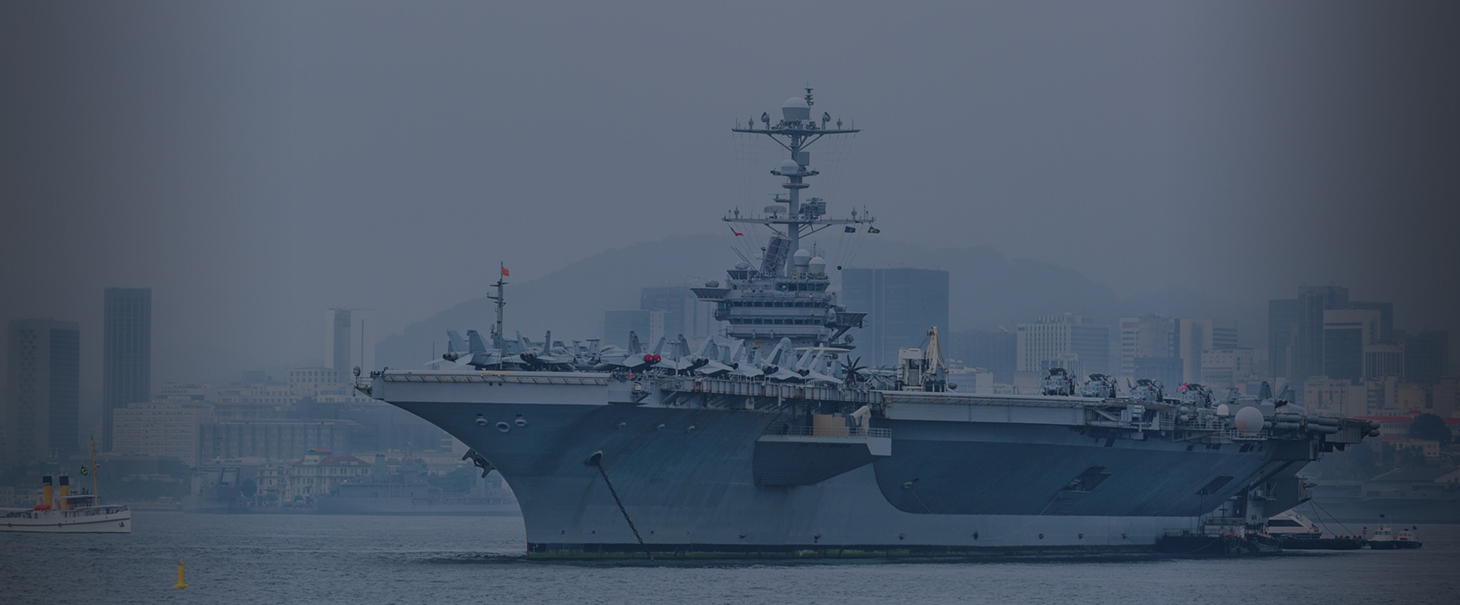EXPERT
Issues
Locations
DOWNLOAD
Immediately following the attack on Canada’s Parliament many media pundits began referring to the terrorist attacker as “misguided.” Some pondered whether the convert to radical Islam, Michael Sehaf-Bibeau, was somehow a “madman,” a “lunatic” or a “nut job.” What this betrays is a profound misunderstanding of the struggle being waged against free Western societies and an underestimation of what must be fought.
The media then began a psychoanalytical study of the underlying motivations of the attacker and his ilk. Almost within twenty-four hours, “terrorism experts” became psychologists and sociologists deconstructing the deleterious social environment in search of a justification for the jihadists.
One thing that current public opinion makers don’t talk about is ideology. Political ideologies, of which political Islam is a subset, consist of a set of principles for establishing and maintaining a social system. Ideologies are programs of long-range action that unify and coordinate a variety of methods and means in achieving their ultimate objective.
Political Islam, as distinct from the religious practices of tens of millions of Muslims, is predicated on the idea that individuals have no rights and that the state, Islamic or otherwise, has unlimited power over every aspect of an individual’s life. We see this in the brutal force used throughout the Middle East by a host of regimes unified by their rejection of individual rights to life, liberty or private personal happiness. Sharia Law is applied by a select group claiming the right to interpret and execute it without the fundamental dignity accorded to a human being in a civilized society.
Political Islam has many branches. Most striking is the variety now being demonstrated by the so-called Islamic State as it machine guns and beheads captives, and crucifies Christians and other “infidels.” While in the Islamic State of Iran, with its unstoppable march to a nuclear weapon, religious minorities are persecuted and the ranting of messianic theocrats directs domestic, foreign and military policy. Even among “more moderate” states we have the rejection of women’s rights, the public execution of homosexuals and alleged adulterers, and a religious police to guard against the slightest expressions of individual difference.
The most extremist elements seek to revert to an earlier time, just as the Pol Pot regime in Cambodia drove millions into the countryside to starvation while the leaders “re-constructed” society. The “moderates” combine pre-Enlightenment thinking with computers and cell phones manufactured abroad. But what ties them together is the rejection of individual rights. Terrorism is but a method to achieve the ultimate goal of a totalitarian society.
It is this ideology that attracts the current batch of jihadists. In Western societies, where the philosophical and political underpinnings of our own fundamental ideologies have long been undermined by nihilism and relativism, it is not surprising to find individuals attracted by a sense of right and wrong, of truth and falsehood, no matter how distorted. While in Islamic societies, where the lack of individual rights and economic stagnation coincide, the political ideologists appeal to those looking to return to the Golden Age of Islamic civilization, despite historical distortions.
The challenge is to counter the ideologies of totalitarian, political Islam. There is a tradition of enlightened Islam and it is there that the challenge must be articulated. Nevertheless, Western civilization and free societies must also take responsibility for the defense of our own ideological origins, our values and our own morality of human freedom and justice, which as a consequence builds prosperous and generous societies.
Once we understand what motivates the young jihadists we will be in a better position to take on their thinking and their actions. Far from being misguided, these killing machines are guided by their ideology like missiles to their targets.


 Fernando Menéndez
Fernando Menéndez